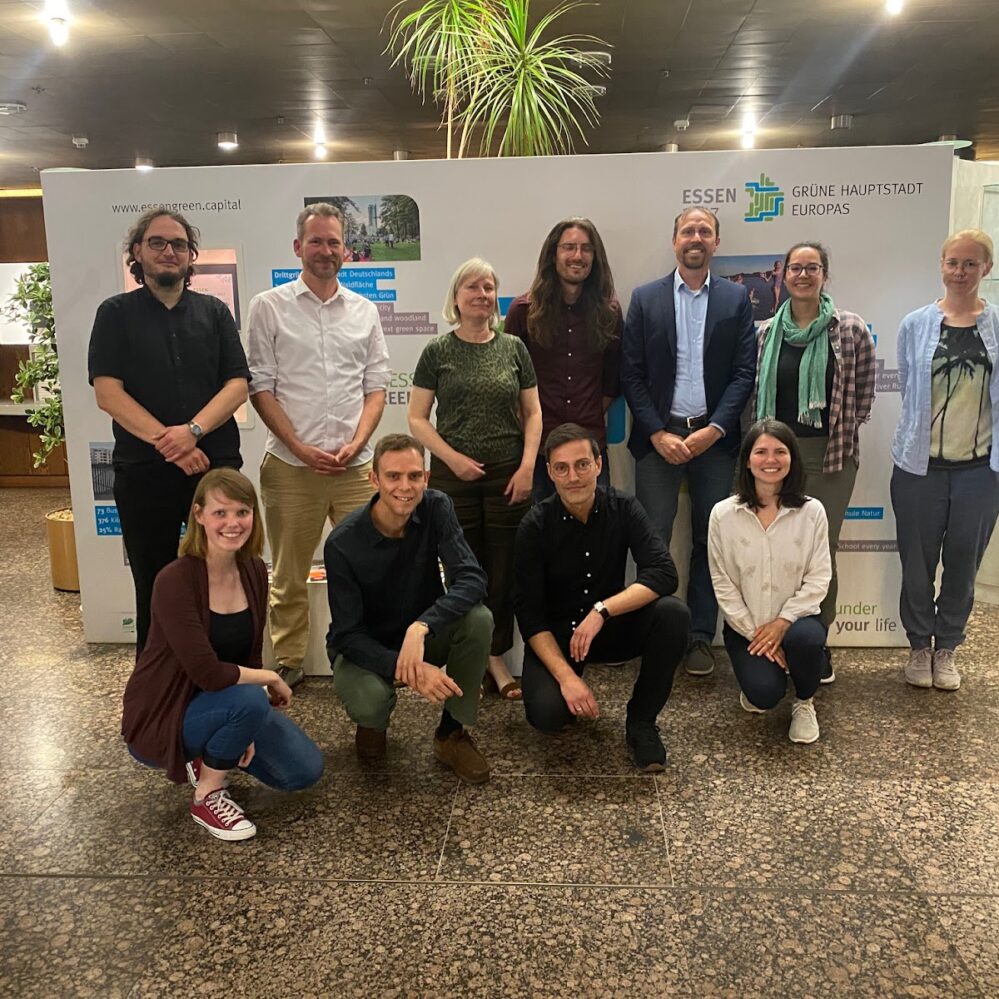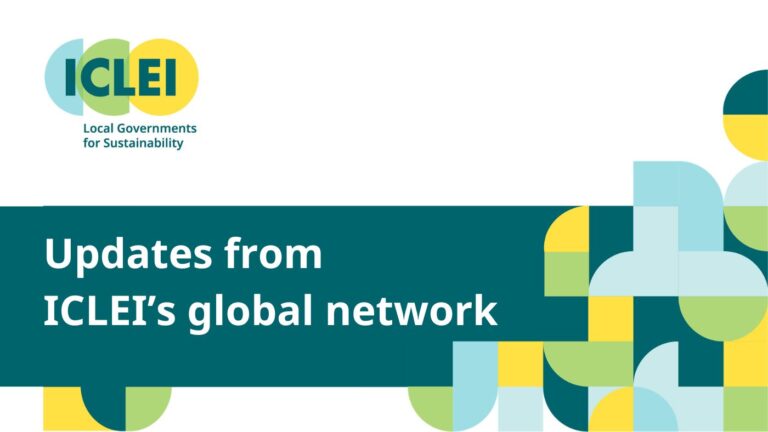A message from Chilando Chitangala, Mayor of Lusaka, Zambia:
Dear readers,
Becoming the first elected woman Mayor of Lusaka has been both a profound privilege and a consistent challenge. My personal journey has illuminated the deep-seated barriers that persist against women in leadership. Across Zambia and much of Africa, female candidates often face cultural resistance and unequal access to resources, while their male colleagues receive more immediate support. If we genuinely seek equitable and sustainable development, we must move beyond rhetorical commitment and take deliberate, purposeful action. Instituting laws and policies that require stronger gender representation, and ensuring these are championed by active male allies, is not optional; it is essential.
Investing in the future: Youth leadership and governance
Equity must encompass more than just gender parity; it is about strategically investing in the governance systems and leaders who will carry our cities into the future. In Lusaka, our Junior Council offers a shining example of this commitment. These young leaders actively shadow the municipal council, advocating for climate action, urban cleanliness, and sustainability—like the current initiative to promote proper waste disposal through public art in our markets. They are building the practical skills necessary for responsible leadership today. They serve as a powerful reminder that the future of our cities is already here, and nurturing this next generation is one of the best investments we can make.
Development rooted in community voices
Furthermore, true equity demands that development is firmly rooted in the voices of our communities. Too often, critical decisions are made far removed from the daily realities of the people they affect. Our ongoing work to upgrade food market infrastructure is a prime example of changing this dynamic. Rather than dictating change, we are working with market leaders and traders, such as those at Chilenje Market, to understand the economic and physical needs of their environment before making capital investments. By empowering residnets to understand the authorizing environment of the city—how decisions are structured, what powers exist, and how collaboration can unlock new possibilities—we open the door to meaningful participation. When communities are equipped to co-create solutions with the local government, they transform from passive recipients into active champions of lasting change.
A path to collective thriving
The work of building equitable cities requires courage, humility, and persistence from leaders at every level. While challenging, this path is undeniably the surest route to inclusive, sustainable development. If we can embed gender equity into our institutions, invest strategically in youth leadership, and commit to genuine community collaboration, our cities will not just grow—they will thrive, offering safety, dignity, and opportunity for all residents.
Sincerely,
Chilando Chitangala
Mayor, Lusaka City Council, Zambia
ICLEI Regional Executive Committee
Subscribe to the Equitable Development newsletter here.





